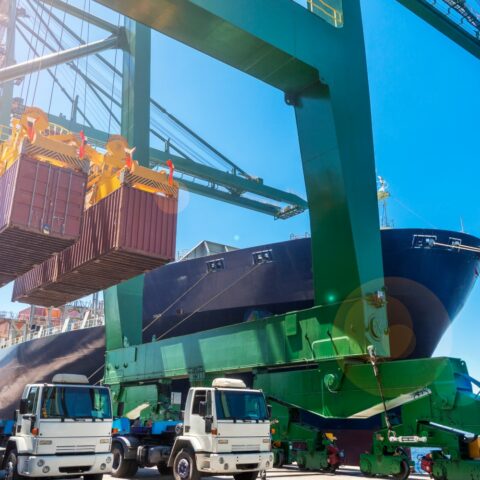The Challenge
Guatemala has many geographic advantages, including coastal access to the Pacific Ocean and the Caribbean Sea, with relative proximity to the Panama Canal. The country’s main ports have long been regarded as a strategic engine for national prosperity, but cumbersome, manual procedures have inhibited their potential.
What We Did
The Alliance partnered with the public and private sectors in Guatemala to introduce a digital Single Window system (VUMAR), automating the documentation procedures involved in arrivals and departures at the country’s four main cargo ports and creating greater uniformity and efficiency in line with international standards.
The Impacts
By reengineering business processes and introducing automated systems to manage port arrivals and departures, this project facilitates trade, reduce costs, and ultimately improve Guatemala’s trade competitiveness, boosting the sector’s contribution to the overall economy. Since its completion in 2024, the project has significantly reduced physical exchanges of documents – cutting processing times by 85% and leading to projected annual savings of US$ 4 million.


 Guatemala
Guatemala

